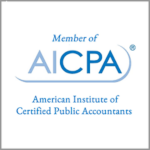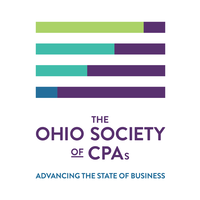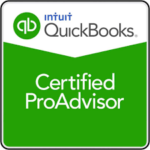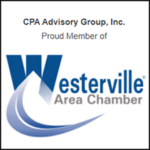From the Pinnacle CPA Advisory Group Newsletter/Thomson-Reuters—
Retroactive measures in CARES Act merit a look at previous returns, as far back as 2013
If you own a business, consider the following strategies to minimize your tax bill for 2020. Thanks to the retroactive nature of many portions of the CARES Act, an opportunity to file amended returns also may be available in certain circumstances.
NOLs
The TCJA eliminated the ability to carry back Net Operating Losses arising after 2017 and limited the benefit of NOLs carried forward to subsequent years to 80 percent of taxable income.
To assist small business owners who may have incurred losses as a result of the COVID-19 crisis, the CARES Act temporarily removed the TCJA limitation. Because the new law is retroactive, you can now carry losses that originated in 2018 through 2020 back five years.
This means you could carry a 2018 NOL back as far as 2013. Since tax rates were higher in 2017 and earlier years, carrying back an NOL should be much more beneficial than carrying that loss forward.
If you had a loss in 2018, 2019, or expect a loss in 2020, its imperative that we review your options to minimize your taxes. Carrying back a loss could be a great way to increase cash flow.
Excess Business Losses
To further ease the burden on small business owners, the CARES Act also retroactively removed the limitation on Excess Business Losses (EBLs) that the TCJA implemented for 2018 through 2020.
Under the TCJA, beginning in 2018, taxpayers were unable to deduct business losses from sole proprietorships or pass-through entities, such as partnerships and S corporations, if the combined loss exceeded $250,000, or $500,000 for married joint fliers. (Those amounts were adjusted annually for inflation after 2018.)
The excess loss was converted to an NOL and carried forward, subject to the NOL limitations discussed earlier. Since this is a retroactive law change, if your losses were limited in either 2018 or 2019 (if that return has already been filed), you should strongly consider filing an amended return to minimize tax liability and generate a refund.
Business Interest Expense
The CARES Act relaxed the limitation on the deductibility of business interest expense.
Under the TCJA, the deduction was generally limited to 30 percent of Adjusted Taxable Income (ATI).
For 2019 and 2020, that limit is generally increased to 50 percent of ATI.
Unless the taxpayer elects out, a special rule for partnerships allows 50 percent of any excess business interest allocated to a partner in 2019 to be deductible in 2020 and not subject to the ATI limitation. The remaining 50 percent is subject to the normal ATI limitation rules.
Better Depreciation Rules for Real Estate Qualified Improvement Property (QIP)
The CARES Act includes a technical correction to the TCJA that is retroactive to 2018. The new rule allows much faster depreciation for real estate QIP that is placed in service after 2017, to minimize taxes due.
QIP is defined as an improvement to an interior portion of a nonresidential building that is placed in service after the date the building was first placed in service.
However, QIP doesn’t include any improvement for which the expenditure is attributable to the enlargement of the building, any elevator or escalator, or the internal structural framework of the building.
If you have questions about filing amended tax returns for your small business, contact the experts at Pinnacle CPA Advisory Group for help. Reach us by calling 614-942-1990, sending an email to Info@CPAAGI.com, or just filling out our website contact form at this link.
Contact Us
Do business with a different kind of CPA firm – the CPA Advisory Group
Visit Us
131 Dilmont Dr., Suite 200
Columbus, OH 43235
CPA Advisory Group, Inc.
Leading Small Businesses and Individuals to Success






